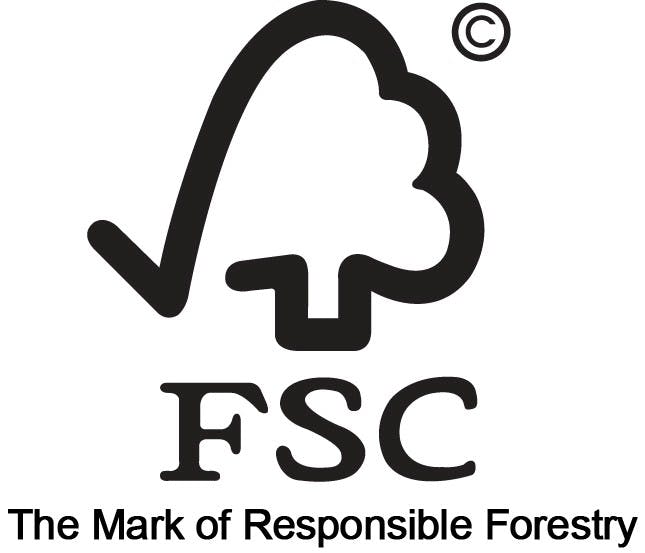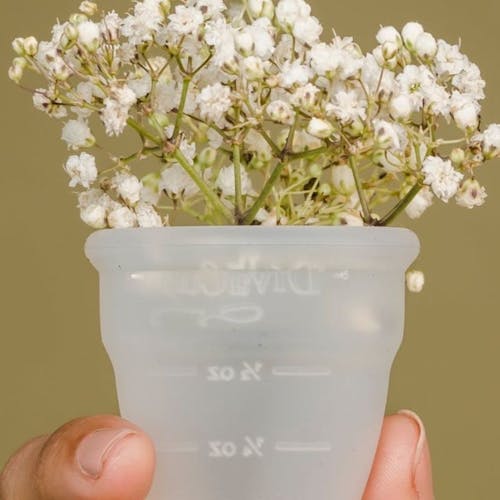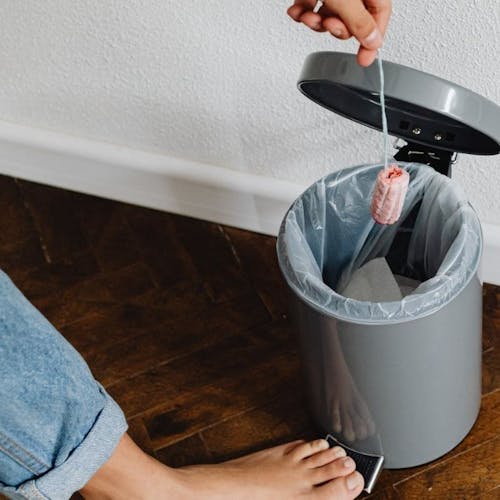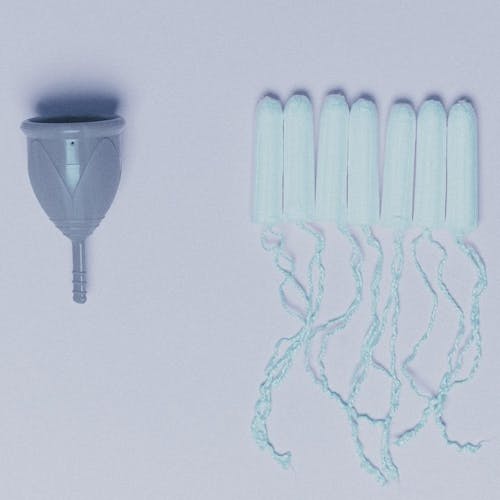This website uses cookies to enhance the user experience. By using Yoppie you are agreeing to our use of cookies.
Save The Trees: How To Have A Forest-Friendly Cycle
Written by Yoppie
22 Mar 2021
Why all the fuss over forests?
Switch to 100% organic cotton
Choose biodegradable and applicator-free
Look for the ‘tree tick’ symbol
By now, most of us are aware that a flushed tampon makes its way to the sea and causes havoc, but what about here on land? Could your menstrual cycle choices be affecting more than just the oceans? We’re breaking down why trees are a vital feature of our planet, and how you can make a few small changes to keep them flourishing and free from harm.
Why all the fuss over forests?
The woodland and forest areas found all over the world are nothing less than a crucial part of our eco-system. Not only do we humans use them for wood and resources, but they prevent soil erosion, mitigate climate change, and provide us with the air we breathe. Pretty important indeed! Forests are the world’s second-largest storehouses of carbon, and according to the World Wildlife Foundation, over 2 billion people around the world rely on forests for shelter, work, water, food, fuel, and lots more, including 60 million indigenous people.
Despite them being a clear asset to the human species, not to mention animals and the planet, forests continue to disappear. Between 1990 and 2015, around 129 million hectares of forest were lost, which can have unexpected knock-on effects, even if you live in urban areas where you don’t see the immediate impact.
Take just the tropical forest areas; these alone can provide 23% of the climate mitigation needed over the next decade to meet the Paris Agreement goals set out in 2015, and if you think protecting forests is a problem for other countries, you’re wrong. Here in the UK, forests cover 12% of our land area, and there are things you can be doing right on your doorstep (and in your pants!) to help protect them.
So how does your period have anything to do with this? You may not have considered it, but the choices you make in managing your menstrual cycle can actually help protect forests. It’s time to BRANCH out (get it?) with your period products and make your menstrual cycle more forest-friendly with these tips.
Switch to 100% organic cotton
Even if you have switched to period products that are 100% cotton, if they’re not organic then they could still be causing environmental harm. According to the World Wildlife Organization, the production of cotton uses harmful agrochemicals like pesticides, needs a large amount of water, and requires land to be converted for agricultural use. As cotton is the most widespread profitable non-food crop in the world, and around half of all textiles are made from it, switching to more environmentally sustainable methods of production could make a huge difference. Looking out for organic cotton products is a great way to do your part for the forests, and you can start with your period products.
A lot of tampons and pads still use bleached, non-organic cotton, rayon, wood pulp, or all three. These often contain pesticides like diuron, which is thought of by the Environmental Protection Agency as a ‘likely carcinogen’. Not good. And that’s just one of the harmful chemicals you can find in the products that many of us put in or on our body for one week out of every month of our lives. The potential health issues aside, these same chemicals can go on to damage the environment around us when discarded, and forests are unfortunately one of the victims. Choose organic period products where possible to avoid harmful chemicals ending up in landfill.
Choose biodegradable and applicator-free
Speaking of landfill, did you know that according to the Women’s Environment Network, many disposable menstrual products are made of up to 90% plastic? In fact, one tampon takes longer to decompose than the average woman’s lifespan. In the UK alone, more than 4.3 billion disposable menstrual products are used every year, and 1.3 billion of those are plastic tampon applicators. Where does it all go? Into landfill, of course, so it’s no wonder the trees are screaming out for some changes to be made.
By looking for biodegradable period products without the plastic applicator, you cut down massively on the number of years your discarded period products remain in the ground. Cotton naturally breaks down faster than plastic, so if you’ve already switched to 100% organic cotton, you can rest assured they will decompose faster, and you can bin them guilt-free!
Look for the ‘tree tick’ symbol
If a product has the FSC symbol on it (a little tree with a tick) it is FSC certified. FSC stands for 'Forest Stewardship Council', which is an international non-profit organisation dedicated to promoting responsible forestry.

If your period products are FSC certified, it means they use materials that come from forests around the world that have been checked by FSC to ensure they meet the highest environmental and social standards. When you see this logo on anything, period products included, you can feel confident that by buying it, you will not be bringing harm to forests.
But how do you find tampons, liners and sanitary towels that are 100% organic cotton, biodegradable, and have the FSC logo on them? Easy. Yoppie! You can feel great about our personalised subscription box of organic period care products, safe in the knowledge that they are made with the best materials that are healthy for your body and kind to the environment. Now and forever.
Section jump
Back to top
Subscribe To Our Newsletter
YOPPIE





© 2025 Yoppie is a registered trademark of Phlo Technologies Ltd.
Yoppie's supplements are not a substitute for a varied diet and healthy lifestyle and are not intended to diagnose, treat, or cure any disease. If you are pregnant, breastfeeding, have a medical condition or are under medical supervision, please consult with your doctor before taking any of our products.






